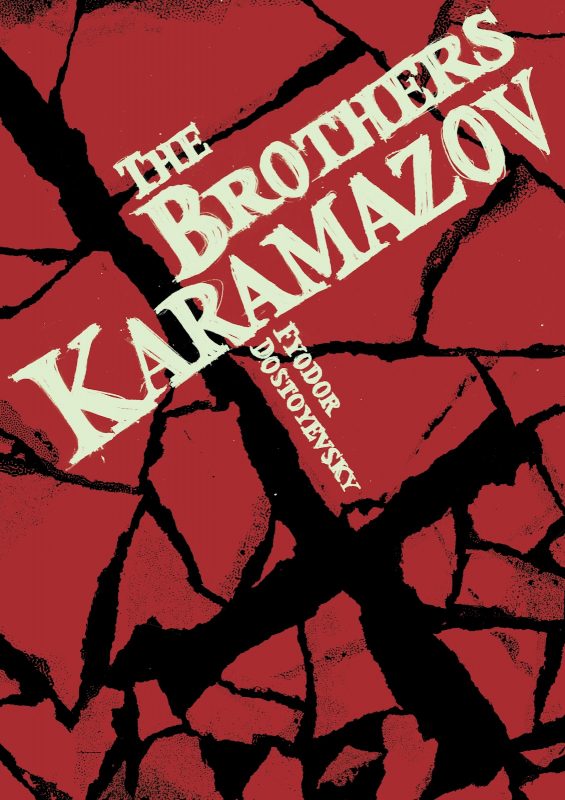Book Review: The Karamazov Brothers
Share:

Fyodor Dostoyevsky’s final novel is something to behold. Bizarrely readable – considering not only the time it was written but also the sheer length – it paints a vivid picture of the eponymous brother’s lives’. The story is bounding and broad, expanding to encompass most of the town in which the story takes place. The narrator, although nameless, tells the story as a writer who saw the events unfold, whilst also occasionally imparting his own views onto the reader, frequently adapting direct address.
The main thread of the story is perhaps quite difficult to identify until much later on, and most of the book’s weight is learnt by its characters. Although often bleak and reflective, it is in many ways actually quite funny. The way the characters interact with one another, the hypocrisy so often involved, the constant lack of social awareness, the hopeless insensitivity; there is nothing else like it. Or perhaps there is. Strikingly, despite the novel having been written so long ago, the characters are instantly recognisable. Many of us know a Fyodor, a Mitya, an Ivan, a Grushenka. Perhaps fewer know an Alexei or a Father Zosima. Nonetheless, these are characters we know, and who even now reflect with astounding accuracy human nature.
My only issue with it, with 870 pages of it, were the occasional philosophical tangents it delves into. This is inevitable due to the nature of the book anyway, and there is a pretty constant discussion running through the book about God and religion. Then occasionally you come across long, merciless passages which feature dark and bloody tales of woe, or allegories, both of which have the sole purpose to debate either the necessity of God or the condition of Russia and its morals in the 19th century. Don’t be put off by this; these sections, although not exactly easy going, are not impossible to get through. They are in many ways incredibly profound, and no doubt I missed the mark once or twice because it simply goes beyond what I could pretend to understand. None of this makes it any less worthwhile, and the satisfaction of working your way through a hefty book such as this is second to none.
